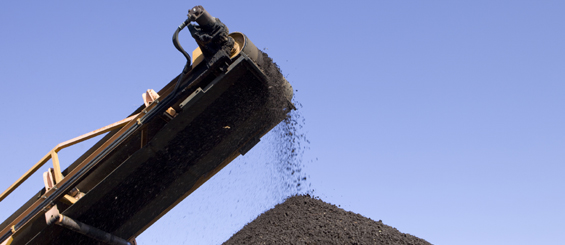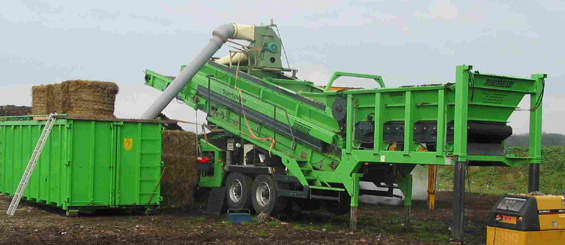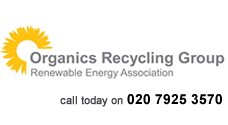Before the Christmas break, the Bureau (EIPPCB) sent to the members of the Technical Working Group (TWG) a summary of the next steps which will follow from the decisions that were taken at that meeting. You can find these summarised below.
In the next months, the Bureau will make a detailed report of the kick off meeting available to the KOM participants and the TWG members. REAâÂÂs members that wish to be kept informed and are interested in reading this report and any other relevant documents can keep an eye on the ORGâÂÂs website at www.organics-recycling.org.uk/IED.
Four subgroups have been activated by the Bureau: one to support the questionnaire development, and three thematic subgroups on biological treatment of waste, on mechanical treatment of waste, on physico-chemical treatment of waste.
The âÂÂquestionnaire sub-groupâ will support the development of a questionnaire that will be used by the Bureau to collate data important for the determination of BAT and BAT associated environmental performance levels.
The biological treatment group will be responsible for suggesting to the TWG:
⢠the key environmental issues related to the biological treatment of waste,
⢠techniques applied in the process of the biological treatment, and
⢠parameters and contextual information that are important for the determination of BAT and BAT-associated environmental performance levels (BAT-AEPLs)
This is a provisional list of steps that will be followed in the next 6 months on the road to the first draft of the WT BREF:
|
March 2014 |
÷ TWG members to submit to the Bureau: o a list of well-performing plants/installations that are willing to participate in the data collection and site visits o the number of WT plants per IED Annex I activity in each Member State o a list of techniques to populate the multiple choice questions in the questionnaire o information on the applied averaging periods / frequency for continuous / discontinuous monitoring for commonly monitored pollutants for the activities given in the updated BAT conclusions structure ÷ Thematic subgroups to submit recommendations on key environmental issues to TWG ÷ EIPPCB to send a draft questionnaire template to subgroup on questionnaire development |
|
May 2014: |
Questionnaire template finalisation and distribution to operators |
|
June 2014: |
Deadline for bulk of information collection, definitions and thematic subgroups contributions |
|
Collection of the filled-in questionnaires |
30 September 2014 |
|
First draft of the revised BREF |
Tentatively: during spring 2015 |
|
Commenting period on the first draft |
Tentatively: spring - summer 2015 |
|
Assessment of the need for a second draft |
September 2015 |
|
Final TWG meeting |
Tentatively: 1st quarter 2016 |
|
Final draft delivered to the IED Article 13 forum meeting |
Tentatively: 2016 |
REAâÂÂs work with the UK regulators, UK and European trade bodies
REA and other trade bodies in the UK are working with the UK regulators and the European trade bodies (ECN and EBA) to ensure the process leading to the publication of a revised BREF is properly informed and does not result in significant additional and unnecessary burden for the UK biowaste sector. One of the main objectives of our work with these stakeholders is to pre-empt and influence the content of the final questionnaire that the Bureau will release in May 2014.
It is crucial at this stage to:
⢠Identify which parameters operators are currently monitoring in terms of emissions and any evidence gap in the UK on emission data from biological treatments;
⢠Gather evidence to fill in that gap where possible;
⢠Draw a list of commonly used and emerging techniques and associated monitoring used in biological treatment plants for preventing emissions to air, water and soil or preventing/reducing waste generation, and
⢠Draw a list of definitions to be included in the WT BREF
REA and other trade bodies will be sending out a number of surveys or requests for information to members aimed at achieving the objectives listed above.
We cannot stress enough how crucial is that UK composting, MBT and AD operators engage in this process and provide any available data. Other Member States will also provide data on their facilitiesâ performances, so if the UK biological treatment operators disengage in this process, they will become more heavily burdened with regulation in the future and will have to comply with emission or performance levels that may be either too stringent, unachievable or very costly to meet.
For further information on this subject, please contact Kiara (07717 294793, Kiara@r-e-a.net).
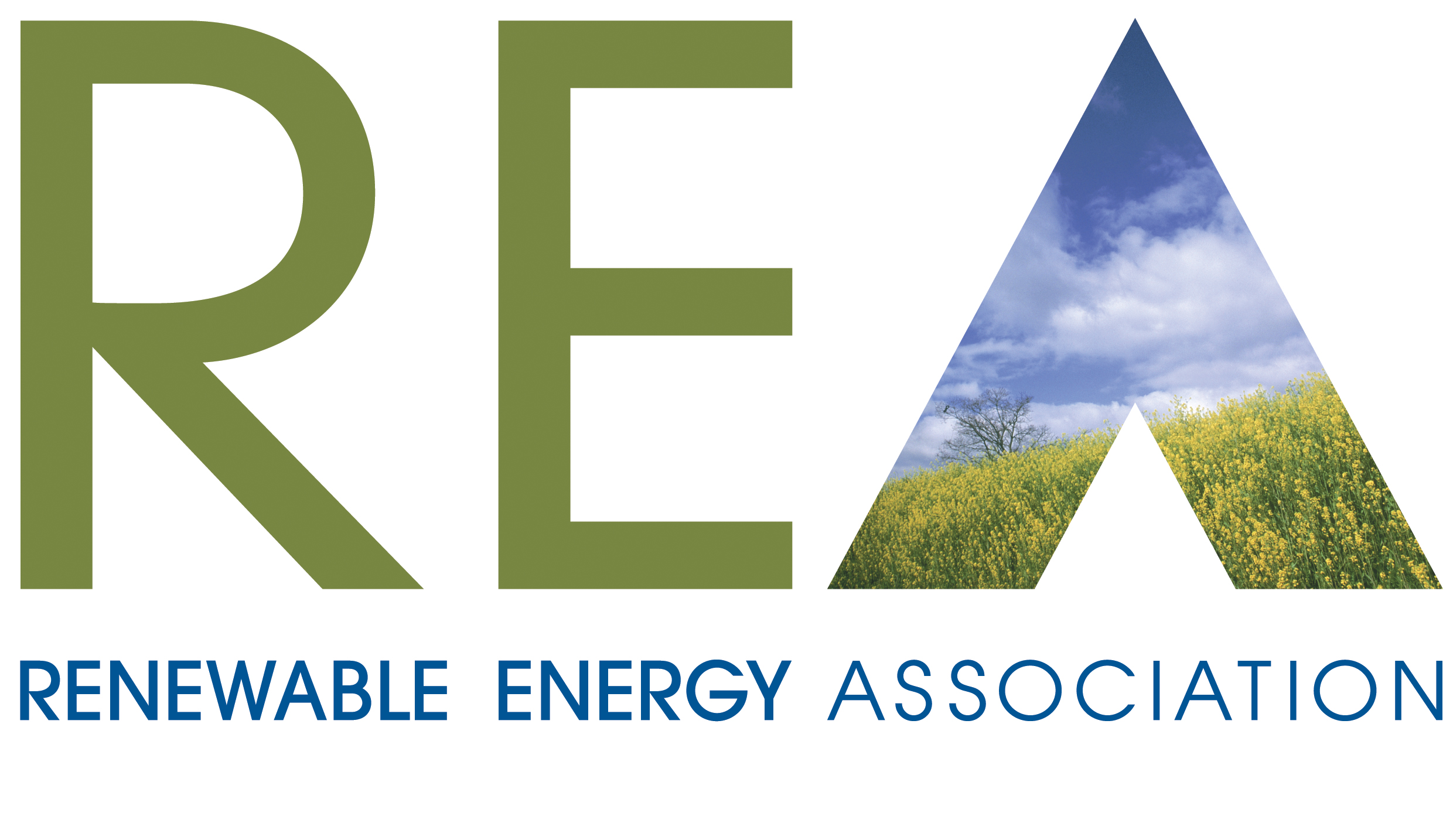

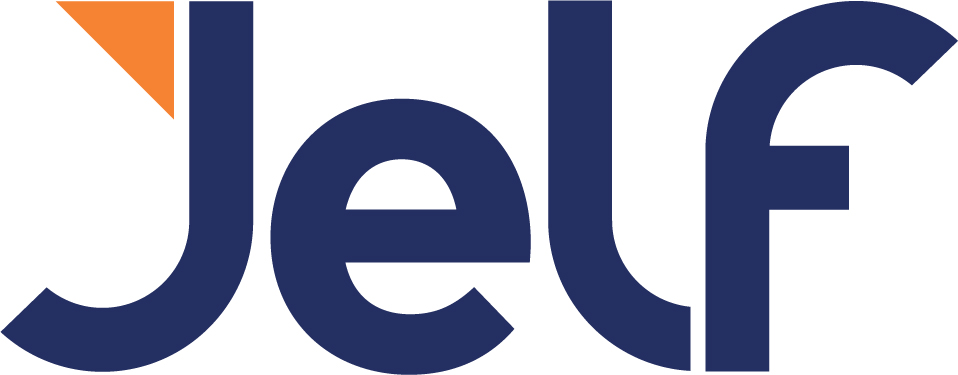

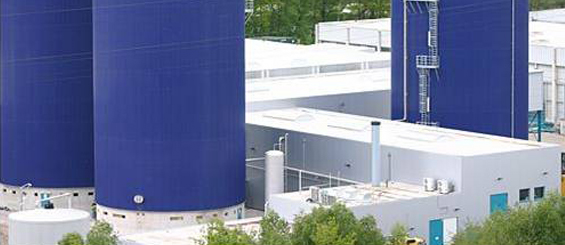
.jpg)
